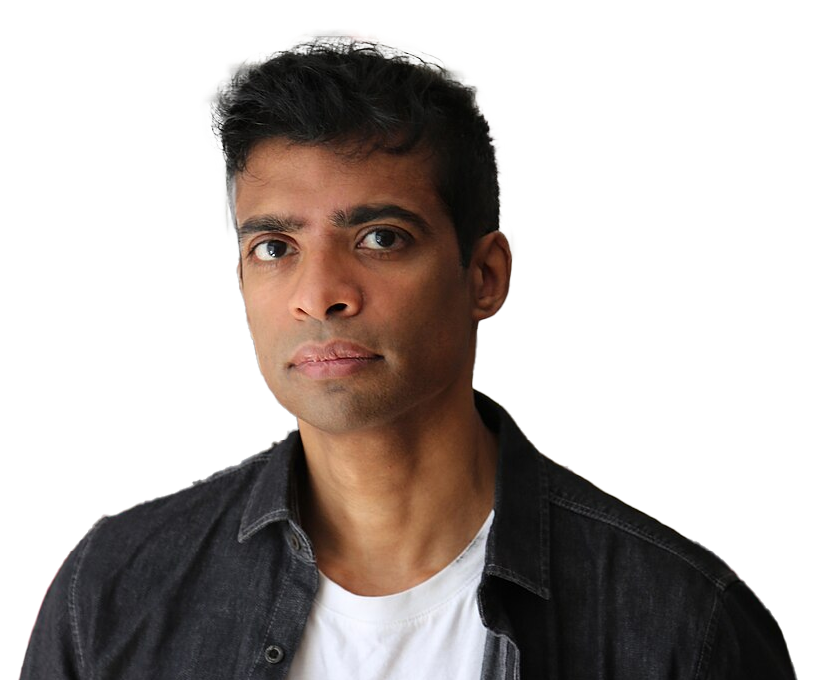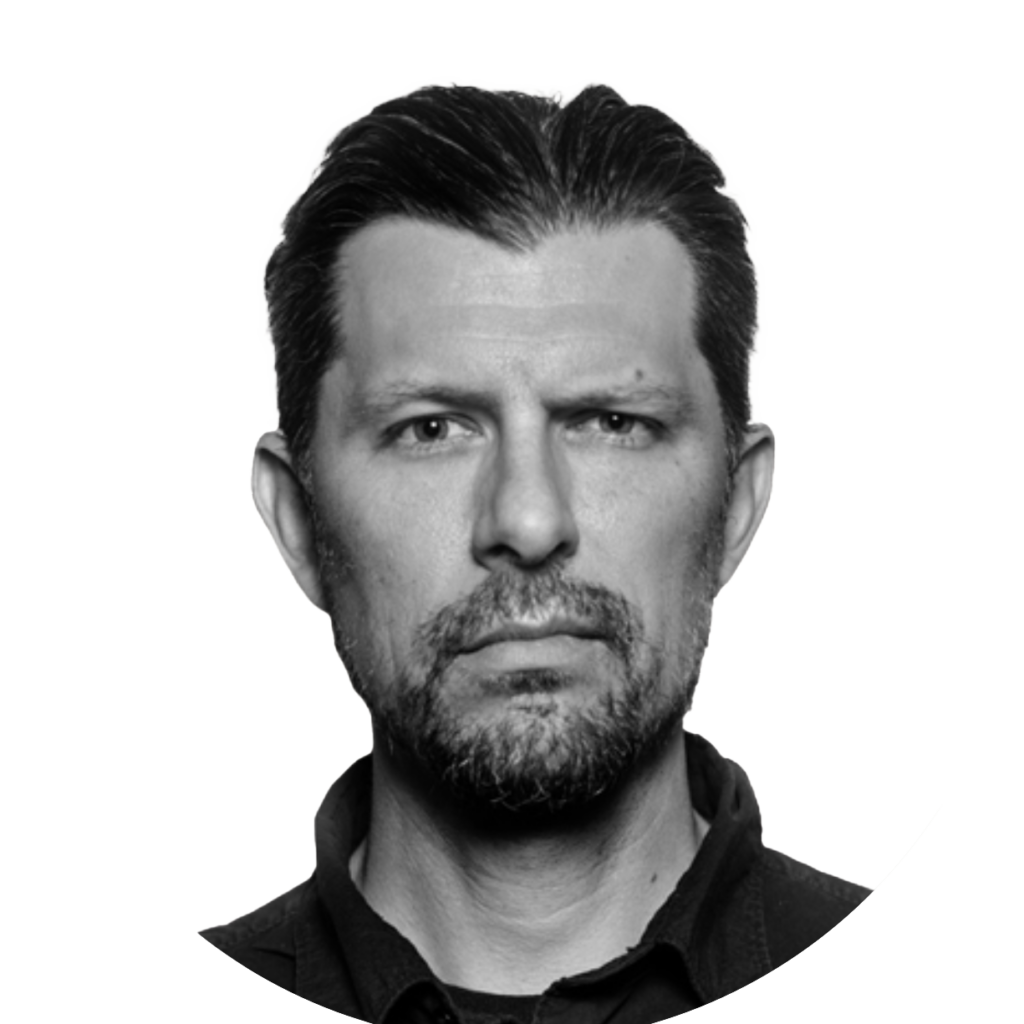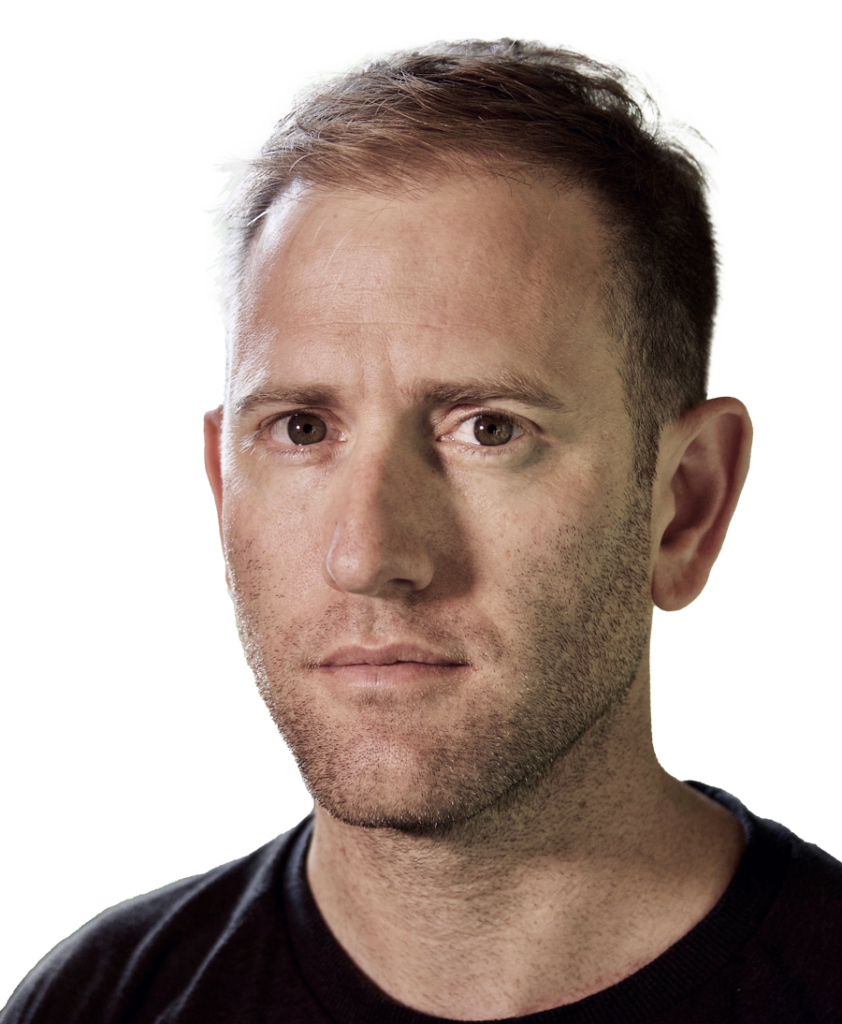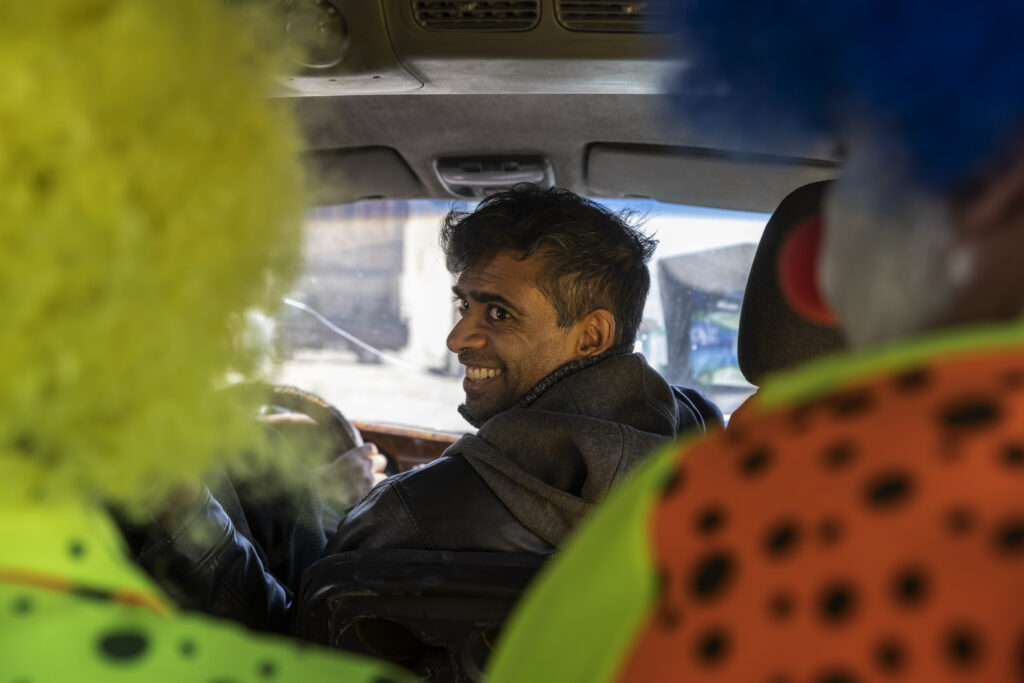
This interview has been condensed and edited for clarity.
You were living just blocks from the World Trade Center on 9/11. At the time, you were studying physics, but the attacks “impinged on [your] consciousness,” and you began obsessively reading about foreign policy, Afghanistan, and the Taliban. That curiosity led you to teach English in Kabul in 2008. But when you arrived, you discovered the program was a scam—the building was boarded up, no job waiting. You faced a choice: Go home or stay and make something of your time in a place that had long fascinated you. What guided your decision to stay—and how has that choice shaped your life?
The immediate reason I chose to stay is because I couldn’t afford to go back—I’d spent my meager savings on the ticket! But I certainly had a deeper motivation, which was to try to better understand my country’s role in the world.
I’d arrived in Afghanistan without much insight into the American war or Afghan society, and as I traveled the country, I found many of my assumptions challenged. I also discovered that the world resolves into neat ideological categories from afar, but when you zoom in to study the teeming microsystem that is real life, those categories almost always break down. From afar, it seems as if the U.S. war against the Taliban was one of ideologies—liberal internationalism against religious fundamentalism. In part, the war was about that, but in part it’s much more complex. At the village level, people joined the Taliban for a variety of reasons that often have to do with imminently local and material concerns. Some flocked to the Taliban due to the predation of U.S.-backed forces. Some former Taliban members tried to join the U.S.-backed government, but were spurned and then rejoined the Taliban. Some rural elites turned against the United States because they were squeezed out of lucrative contracts.
Over the years, I’ve noticed that ideological categories break down in this way in almost every context I’ve reported from—and it’s certainly true in our country too. For example, in deep-red Idaho, people voted for Medicaid expansion when on the referendum—even as they vote against politicians who claim to support Medicaid expansion. So in a sense, the perspective that Afghanistan gave me helped me better understand my own country. When one spends time in these communities, such responses often reveal themselves to be reasonable and understandable.
While reporting for your book No Good Men Among the Living: America, the Taliban, and the War Through Afghan Eyes, you embedded with the Taliban for weeks at a time. How did you go about gaining access to a group of people who had little to no reason to trust an American journalist?
I was frustrated early on because so little was known about the insurgency, even though so much ink was spilled on it. Of course, part of the reason was that the Taliban had the unfortunate tendency of kidnapping journalists. I found a workaround by first meeting them in prison. Over the course of many months, I got to know several Taliban leaders and won their trust—that is, I was able to convince them that I was indeed a journalist and not a spy. These imprisoned leaders then connected me to their comrades in the field. So much of rural Afghanistan depends on networks of trust, so showing up with the imprimatur of an insurgent leader helped protect me while I was in the field.
In your Pulitzer-nominated New Yorker article “The Open Air Prison for ISIS Supporters—and Victims,” you wrote a haunting reflection on how long-standing injustices in the Middle East are often ignored until they erupt into violence—and only then enter Western consciousness. If more policymakers truly understood that reality, how different do you think global decisions around the war on terror might look?
When I wrote those lines, I was thinking in particular of Palestine. The horrors in Gaza are on so many people’s minds now, but it can be easy to forget the deeper history behind the current war—the 70 years of displacement and dispossession of Palestinians. By consistently treating Palestinians as less than human, Israel has not been able to achieve the peace and security its citizens deserve. If more policymakers truly understood the reality of this injustice—and put a commitment to ending this injustice ahead of their self-interested concerns—the path to peace in the region would look very different.
In 2017, you co-founded the Zomia Center to conduct research—and provide humanitarian relief for—communities existing outside of governed states. One of the center’s focus areas, “Legacy of War,” examines the consequences of U.S. military operations across the Middle East and South Asia. In your view, what part of this work has felt most impactful so far—in shaping policy conversations, elevating the human stories that are so often overlooked, or other outcomes?
I’m fortunate to be able to work with talented colleagues who have been able to support communities and organizations in some of the world’s most difficult operating environments. The Legacy of War program helps advocate for civilians who have been harmed by U.S. military actions. The program has helped bring redress for several families and has helped inform efforts to improve accountability measures. I’m also very interested in health care, and through our humanitarian program, we’ve been able to support the delivery of health aid across enemy lines.
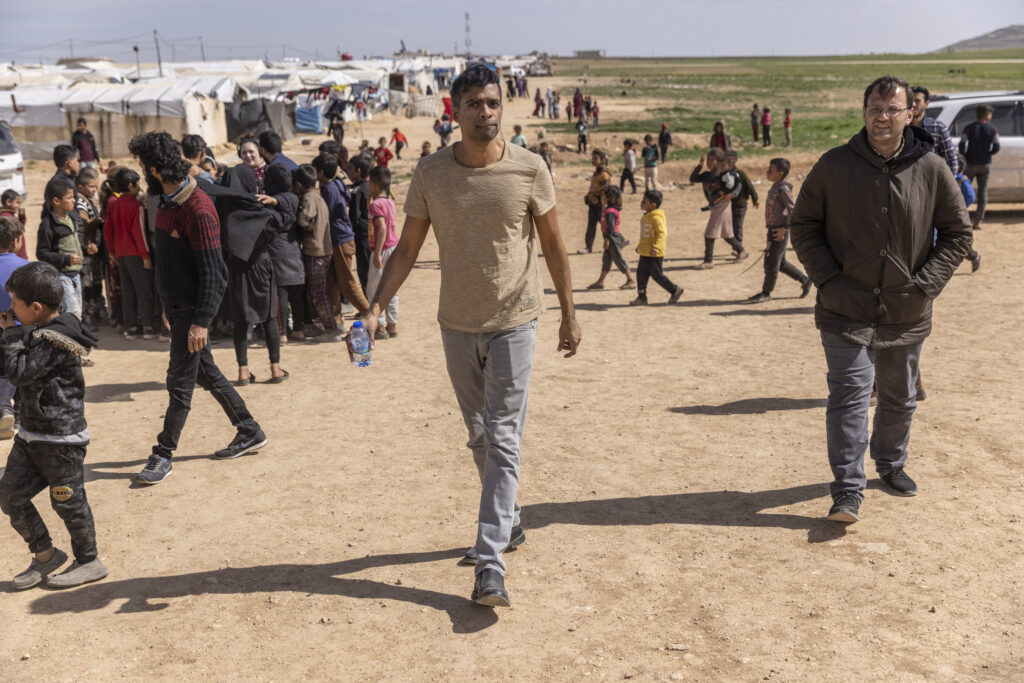
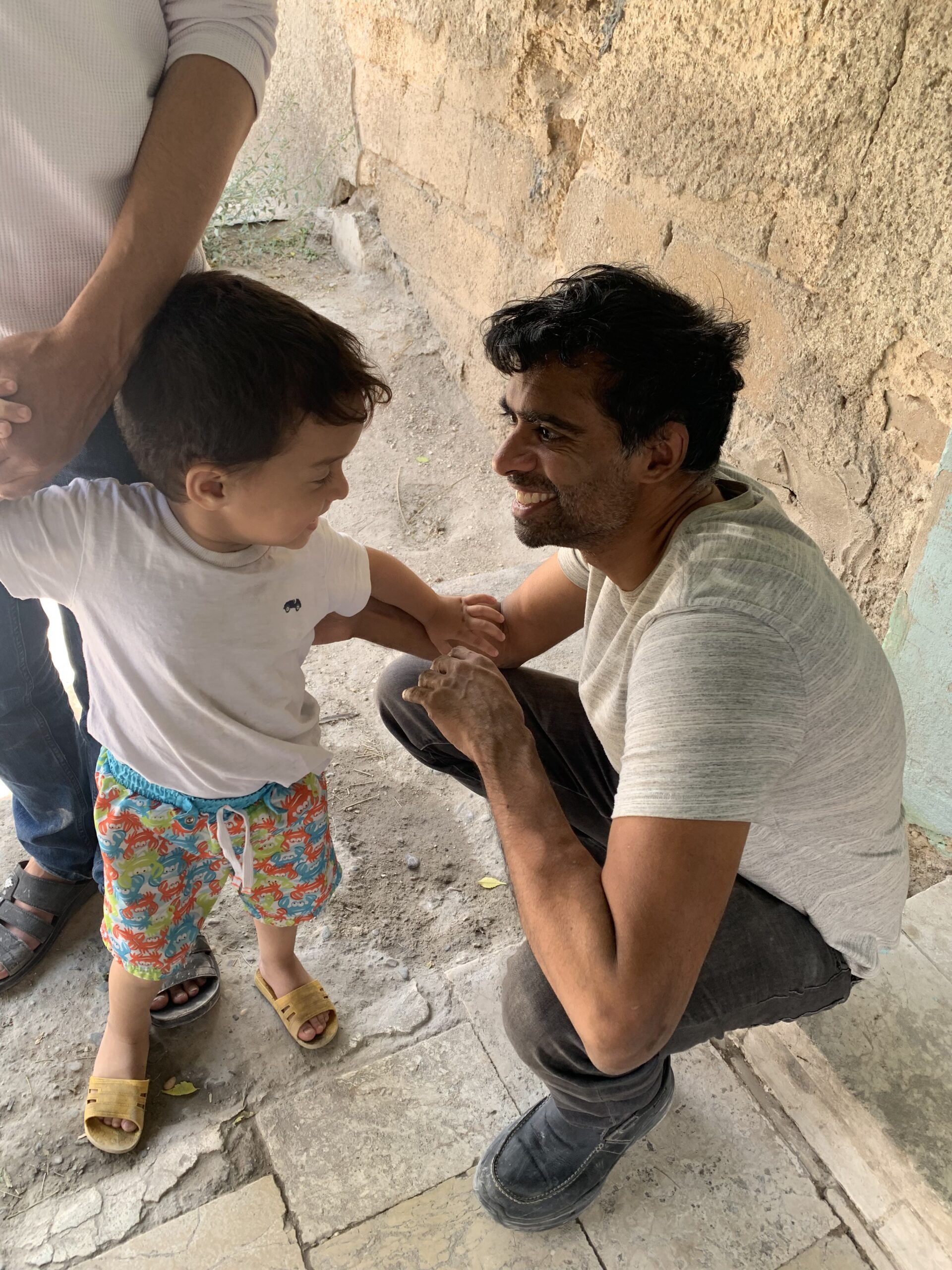
Your writing has been described as “haunting,” “breathtaking,” and “compelling.” Was there a particular moment—or period of time—when you began to feel like you’d truly found your voice as a writer? What did that process look like for you?
Writing is a craft, requiring diligence and a willingness to learn from one’s mistakes—of which I’ve certainly made my share. Early in my career, words were something that seemed to misbehave when I put them on the page. It took me years to learn to get them to do what I wanted. There was no particular moment when this happened—and sometimes, such control still eludes me—but it took at least 10 years of focused effort for me to develop confidence in my voice. One key to that development was that I was fortunate to be surrounded by friends and loved ones who were much better writers than me, and from whom I could learn. Their honest, and sometimes brutal, feedback was essential to my education. The other key to my development was that I spent years reading—studying, really—the writers I admire, from the worlds of nonfiction and fiction. To develop as a writer, there’s really no substitute for reading widely and persistently.
In a lecture at the University of Washington in 2024, you quoted Leon Trotsky—“You may not be interested in war, but war is interested in you”—to describe your effort to “get out of the war business.” I can imagine why you’d want to move on, but in your own words, what’s driving that shift? And what kinds of stories are you most interested in telling now?
I’m interested in telling the types of stories that are not easily captured through journalism, which is why I’ve found myself increasingly drifting toward fiction. In narrative nonfiction, you are greatly constrained by the nature of your material—by the availability of sources, the feasibility of fact-checking, and so on. With fiction, you are released from such constraints, which can sometimes allow you to explore aspects of the human condition in fresh and exciting ways. I’m drawn to stories that explore the hard facts of our brief lives, especially those related to love and death. I don’t need to travel halfway around the world to find such stories—they are right here, under our noses.
July 9, 2025
Photos provided courtesy of the Fellow.
